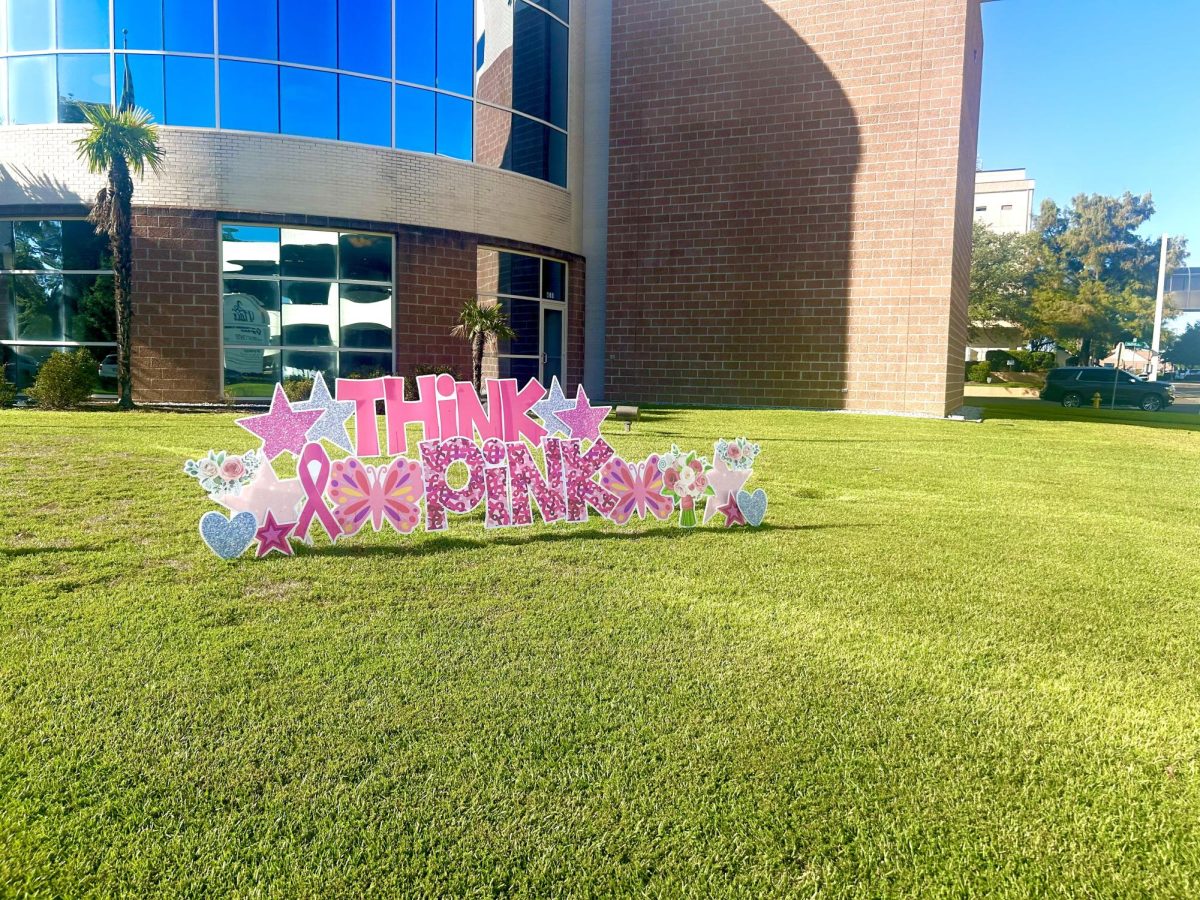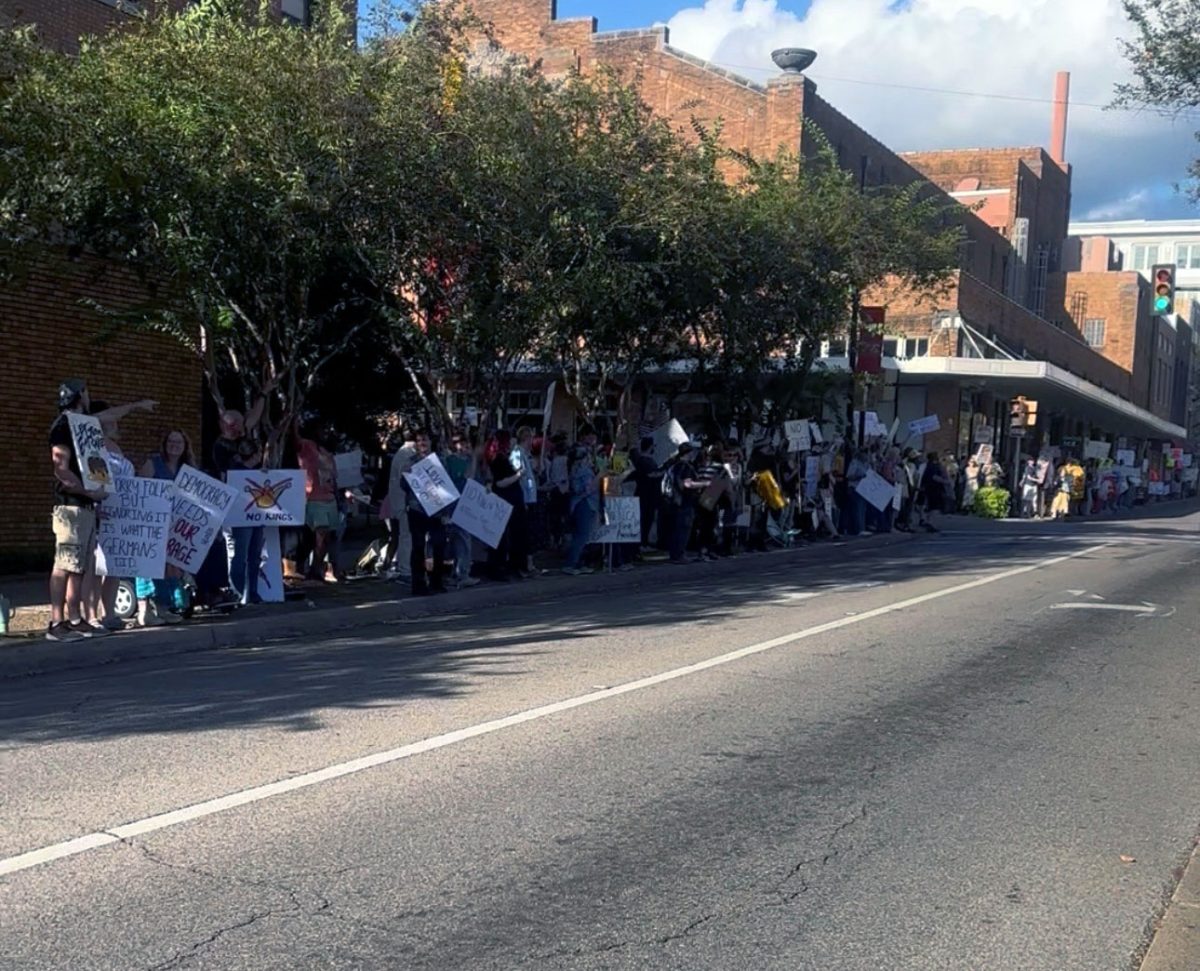In 2024, the American Cancer Society predicted that American women have a 13.8% chance of developing breast cancer at some point in their lifetime. The ACS also estimated that women diagnosed with breast cancer have a 2.3% chance of dying from the disease.
These may seem like small figures, but since the founding of Breast Cancer Awareness Month in 1985, these rates are just a fraction of what they once were.
Founded by the American Cancer Society and AstraZeneca, Breast Cancer Awareness Month was created to fund research for a disease that remains the leading cause of death among American women. Even after 40 years, breast cancer still holds that spot on mortality charts, but Brittany Dozier, supervisor of the Hattiesburg Clinic’s Breast Center, said the disease can be further prevented.
“Early detection is the key,” Dozier said. “If breast cancer can be detected before it becomes late-stage, there is more that can be done in stopping it.”
Dozier warned that the signs of breast cancer can often be detected through self-screening and self-care.
“The main signs of breast cancers are lumps,” she said. “And while a lump on the breast is not always a bad thing, but if it grows and becomes sorer, there’s a chance it could be cancer. Know your breasts. You may visit the doctor once a year but only you know what feels right and wrong.”
Dozier also said one of the most effective ways to raise awareness for breast cancer research and treatment is to start conversations about it.
“Mammograms are not always the easiest thing to talk about,” she explained. “This disease is not always easy to talk about. But as long as you gauge interest in it, more people will become aware and conscious about it.”
Other signs of breast cancer, besides lumps, include skin dimpling, inversion of the nipple area, and clear or bloody discharge.
The American Cancer Society recommends women schedule yearly mammograms and perform monthly self-checks for breast cancer. If anything unusual is found during a mammogram, a biopsy may be performed to confirm whether it is cancer.
Treatments for breast cancer include radiation, chemotherapy, immunotherapy, or a mastectomy — surgery that removes part or all of the breast.
For more information on breast cancer awareness, research, and treatment, visit www.abcf.org.































